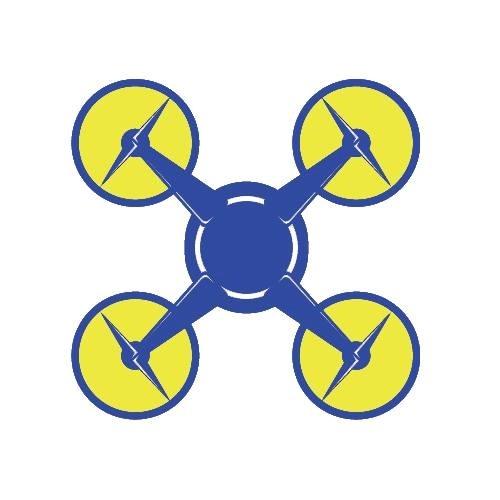BIO-SUSHY
The BIO-SUSHY project, funded by the EU under Horizon Europe, is an interdisciplinary initiative involving 15 partners, including research institutions, SMEs, a university, and a national standardization body. Launched in January 2023 and concluding in December 2026, the project aims to develop high-quality, durable, and sustainable coatings as alternatives to polluting polyfluorinated alkyl substances (PFAS). These coatings leverage bio-based thermoplastic powders and hybrid sol-gel technologies, adhering to the Safe and Sustainable by Design (SSbD) framework. Applications span textiles, food packaging, and glass cosmetic packaging. Key objectives include developing three PFAS-free repellent coatings, conducting toxicological assessments, and refining formulations using in silico modeling and sustainability assessments (LCA, S-LCA and LCC).
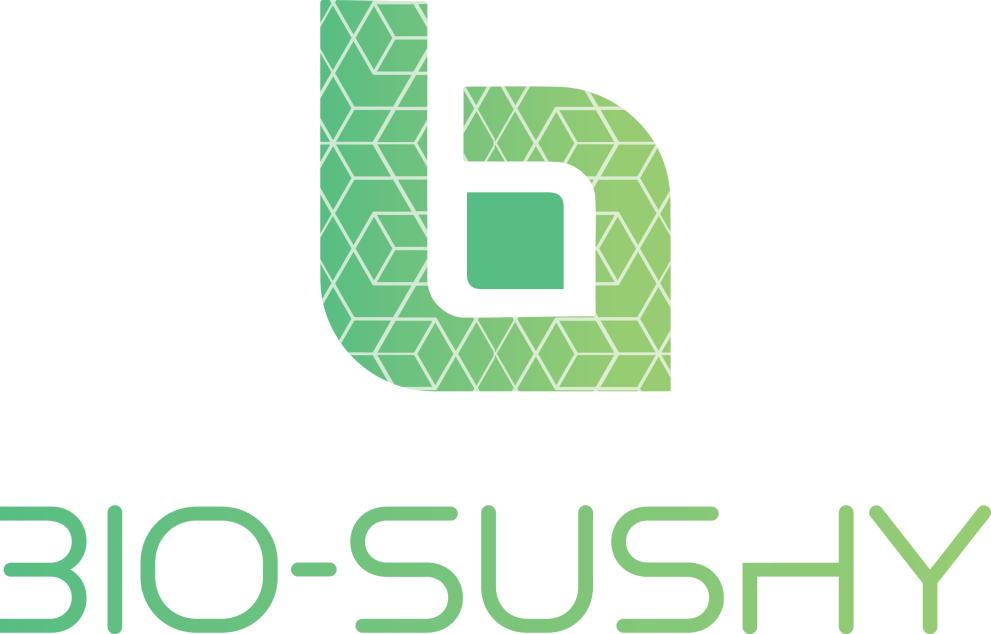
GoldenRAM
The GoldenRAM is a Horizon Europe-funded project that aims to facilitate the easy exchange of accurate information on Raw Materials within the European Union and with partnering resource-rich countries. This will benefit organizations in the mining industry and public stakeholders. The project will develop an Earth Observation Platform called G-RAM. This platform will utilize novel Artificial Intelligence Natural Language processing combined with advanced, proprietary Artificial Intelligence Knowledge Packs (AIKPs). These AIKPs will simplify complex computation workflows. The G-RAM platform will provide seamless access to a unique and validated combination of geological and remote sensing data, domain expertise, and multipurpose mapping technologies for stakeholders in the geological and mining industries. The G-RAM platform's effectiveness will be demonstrated in six field trials located in Finland (two sites), Sweden, Romania, Ukraine, and Portugal. This will showcase a compelling value proposition for implementation across the mining industry value chains, ultimately improving the responsible and sustainable supply of Critical Raw Materials.
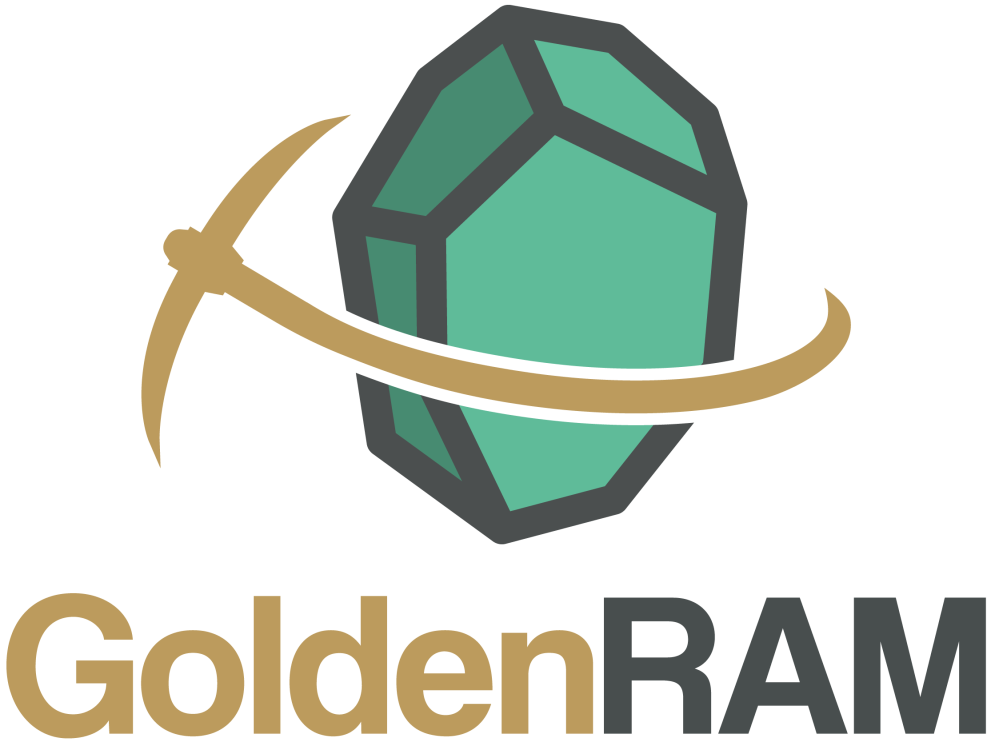
RePURPOSE
In the REPurpose project, local, post-consumer waste is upcycled to new functional "REP polymers" targeting the high-value market of thermoplastic elastomers that nowadays encounter recycling problems. REPurpose’s X-factor lies in the non-fossil content steering REP to higher value than the original plastic waste fractions: the first biodegradable and recyclable elastomeric polycondensates in the world. To enable this development, the REPurpose consortium is spanning the value chain from i) waste handler, recyclers and regulatory framework advocates over ii) specialty bio- or waste-based building block producers, iii) technology developers for REP polymerisation, processing and detection, to iv) end users for consumer goods, automotive and building and construction, all advised by experts in safety- and sustainability-by-design, life cycle assessment, business modelling and Responsible Research and Innovation. The research challenges will pave the way for bringing the innovation to the broad public and creating a resilient and sustainable European plastics industry.

EuReComp
EuReComp is an EU funded collaborative research project with a strong focus on circularity, set out to provide sustainable methods towards recycling and reuse of composite materials, coming from components used in various industries, such as aeronautics and wind energy. The cumulating composite wastes are more prominent than the needed new composites. The aircraft and wind energy sectors contribute to a major share of this. Across all industries about 60% of waste fibre reinforced composites is landfilled, causing severe societal and environmental issues. EU’s Circular Economy plan seeks to reduce the landfill down to 10% by increasing the rate of recycling. As landfilling is highly discouraged in wind and transport sectors, relevant stakeholders seek to replace it with more advanced technologies and end-of-life options, which promote the recycling of carbon fibres. The main pathways that EuReComp proposes to achieve circularity will include repairing, repurposing and redesigning parts from end-of-life large scale products and recycling and reclamation of the materials used in such parts; thus, accomplishing reduction of waste and transformation to high-added value products. The methodologies developed within the EuReComp project, will be further tested and validated by developing 5 demonstrators using novel manufacturing methodologies and incorporating recycled materials, obtained from different recycling processes, leading to a range of new circular composites.

PlatformZERO
The EU-funded Platform-ZERO project is developing a new industrial process-monitoring platform for third-generation PV using AI to revolutionise the production process and impactfully reduce defects and costs. To achieve its goals, the project will develop novel sensors and methods for in-line industrial inspection that will improve the quality of third-generation PV and reduce its environmental impact by minimising the waste of energy and valuable materials during production.
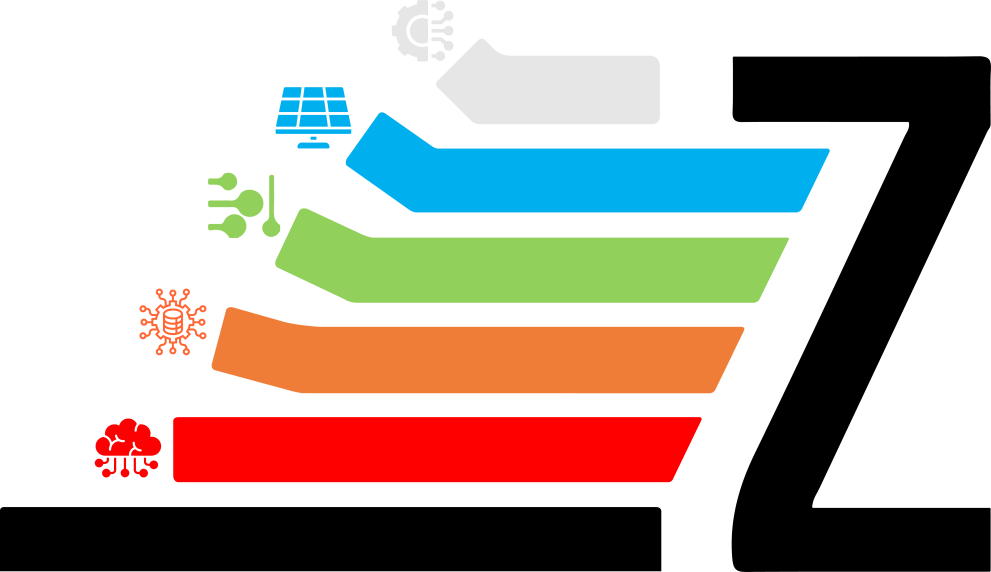
CARBO4POWER
Carbo4Power, funded by Horizon Europe, will develop a new generation of lightweight, high strength, multifunctional, digitalised multi-materials for offshore wind and tidal turbine rotor blades that will increase their operational performance and durability while reducing the cost of energy production (below 10ct€/kWh for wind turbines and 15ct€/kWh for tidal), maintenance and their environmental impact. The innovative concept is based on nano-engineered hybrid (multi)materials and their intelligent architectures. The strategic goal is to provide the frame which will create new pathways for manufacturing of FRPs for multiple processing life cycles, and explore the emerging valorisation opportunities in offshore energy sector. A multidisciplinary team of 18 partners (8 SMEs) from 8 countries provides technological know-how and industrial leadership, with well-balanced dissemination, communication & exploitation impact.
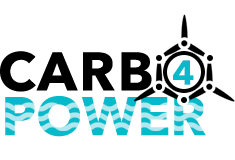
Nevomo
Nevomo has commercialized a globally unique MagRail Booster technology, transforming the propulsion mode for existing rail wagons and lines by eliminating the need for locomotives. This innovation brings the capacity, frequency, and flexibility of road transport to heavily underutilized railway assets. The product is combined with a pioneering Rail-as-a-Service business model, enabling industrial and intermodal clients to avoid any CAPEX investment and finance implementations through OPEX savings. Nevomo is currently finalizing a EUR 10 million Series A round, including co-investment from the EIC Fund.

FibriTech
FibriTech creates renewable and biodegradable materials which are alternative to plastics and other non-sustainable materials. The company contributes to circular economy by reducing waste and pollutions. It develops new technologies to make and form environmentally friendly materials based on renewable organic resources. The main building block of the materials are natural cellulose fibers from plants which we turn into new types of fibrous material by using innovative bio-chemo-physical processes. The final material is of organic nature and can be easily recycled or turned back to the nature (degraded, composted). The company can assign different properties to their fibrous materials to adapt them to various applications e.g., packaging, design and usable items, agro-substrates, air filters, and construction materials like thermal and sound insulations.
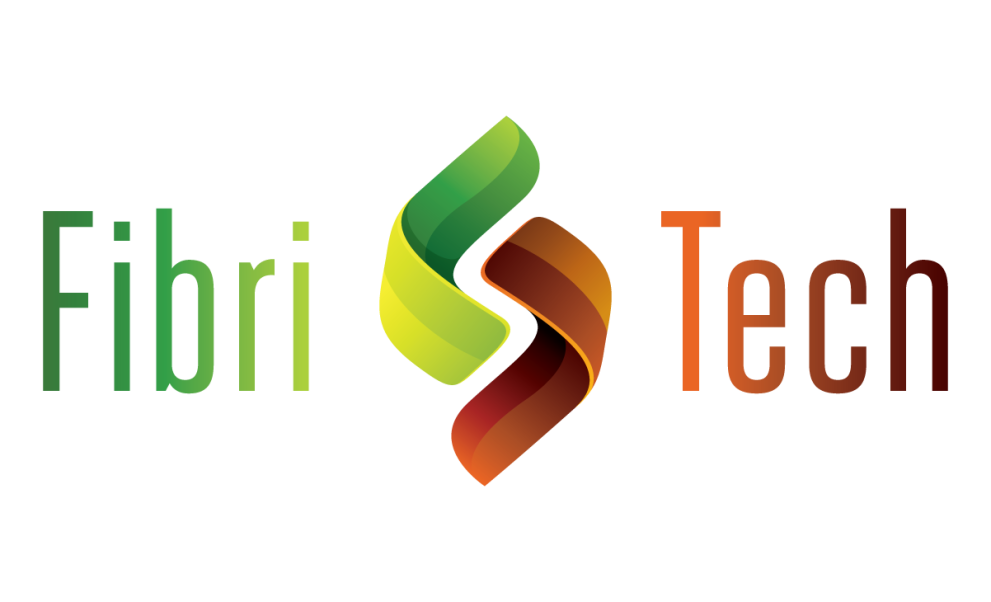
Net Zero Valley Lausitz
In recent years, Lusatia has transformed itself from a predominantly fossil-based energy region into a model location for climate-neutral technologies. With the designation of Net Zero Valley Lusatia (NZVL) as a model region, this transformation process will be permanently secured and further advanced. Lusatia remains true to its identity as an energy region and promotes the establishment of production facilities for climate-neutral technologies. Net Zero Valley Lusatia focuses on four fields of technology. These are battery and energy storage technologies, hydrogen technologies (including electrolysers and fuel cells), electricity grid technologies (including electric charging technologies for transport and technologies for digitalizing the grid) and energy system-related energy efficiency technologies (including heating grid technologies plus sector coupling). With the Clean Power Circle, the region is pursuing an approach that goes beyond the mere provision of renewable energy.
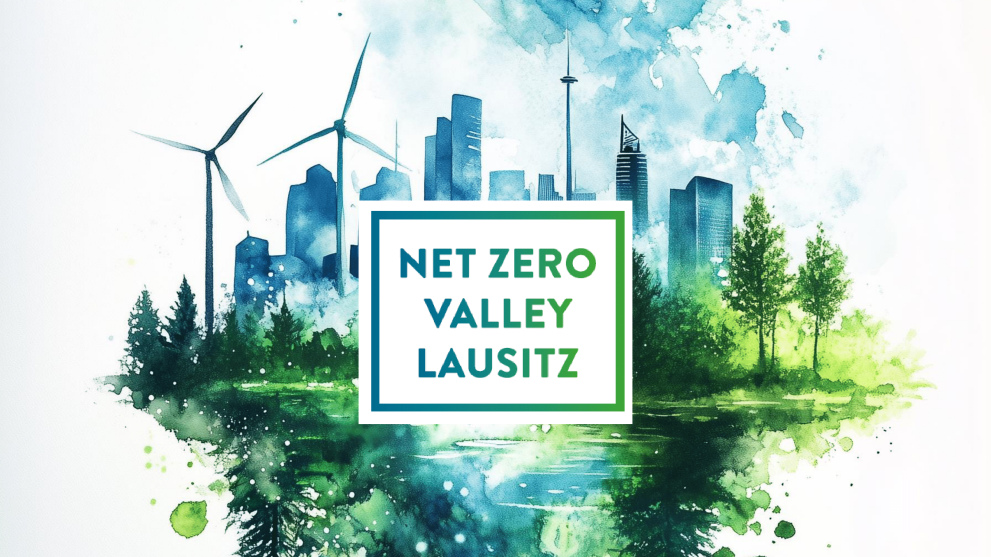
Saule Technologies
Saule Technologies is an innovative company developing perovskite solar cells technology – a breakthrough photovoltaic technology that enables ultra-lightweight, flexible, and semi-transparent solar modules. Established in 2014, the company is among the first globally to explore the potential of perovskites in real-world applications. With in-house R&D and production facilities in Wrocław, Poland, Saule Technologies focuses on integrating solar energy into areas such as building-integrated photovoltaics (BIPV), transportation, consumer electronics, and the Internet of Things (IoT). The technology allows for low-temperature processing and compatibility with a variety of surfaces, expanding the possibilities of solar energy use beyond traditional panels. As a participant in several European research initiatives, Saule Technologies continues to push the boundaries of clean energy innovation, making solar power accessible and adaptable.

Polish Air Navigation Services Agency (PANSA)
The Polish Air Navigation Services Agency (PANSA) plays a vital role in ensuring the safety, continuity, and efficiency of air navigation across Polish airspace. The agency supervises and control covers over 334,000 sq. km of airspace and is one of the largest in Europe. Every day, nearly half a million passengers are on board more than 2,500 aircraft flying over Poland. PANSA is the only institution in Poland training and employing civil air traffic controllers (ATCOs). PANSA invests in people and innovation for sustainable air transport and is actively engaged in shaping the future of European airspace through close cooperation with institutional partners across the EU. Its priorities include enhancing the resilience and adaptability of its systems and supporting the progressive integration of manned and unmanned aviation. PANSA’s efforts are driven by the overarching need to ensure safety of the users of Polish airspace. At the EU Industry Days 2025, PANSA will showcase its innovative Unmanned Traffic Management platform – PANSA UTM – which supports safe, automated, and scalable coordination of drone operations in shared airspace.

Eurotech
EUROTECH Sp. z o.o. is a Polish medium-sized company, established in 2001, specializing in the design and production of CUSTOM MADE technologically "Advanced Technology Products". Products manufactured by Eurotech are a combination of: specialized mechanical structures, precision mechanics, electronic measurement and control systems and dedicated software. An innovative company offering comprehensive solutions from conceptual design, technical design, production, implementation to service support.
The main products are: UAS HAASTA, pneumatic and hydraulic launchers for UAS, hybrid power drive unit for UAS, Vermin Aerial Target System, mobile oilfield units (workover, cementing, high pressure pumping, data acquisition etc), military controllers, electronics and harnesses. The HAASTA Unmanned Aircraft System was designed to be completely independent of the airport infrastructure, and performs automatic take-off from the launcher and landing on a gliding parachute. All system elements are prepared for easy transport and quick assembly in the field. UAS HAASTA is an ideal product for everyday use in various tasks. The platform has a unique design prepared for transporting a payload of up to 30 kg in the central part of the fuselage, which can be dropped during flight.

Ekoinwentyka
Ekoinwentyka Sp. z o.o. is a Polish company headquartered at Ul. Szyb Walenty 26, Ruda Śląska, Silesia. Specializing in engineering services, the company focuses on developing eco-innovative solutions in energy, biotechnology, and technical consulting to mitigate the environmental impact of industrial activities. A notable innovation by Ekoinwentyka is the Compact Trickle Bed Bioreactor (CTBB), designed for air purification by removing odors, volatile organic compounds (VOCs) and methane. The CTBB offers high pollution reduction efficiency, low energy consumption, and minimal operating costs without producing secondary pollutants. Industries such as petrochemical, food processing, wood production, paint manufacturing, and wastewater treatment plants benefit from this technology. Under the leadership of President Damian Kasperczyk, Ekoinwentyka has received accolades like the Business Cheetah 2019 award or Innowator Śląska 2022, recognizing its rapid growth and contribution to Poland's business landscape. The use of CTBB bioreactors by Ekoinwentyka Ltd. in industry is an example of the synergy of ecology and economy, where modern biological technologies support both environmental protection and production efficiency.
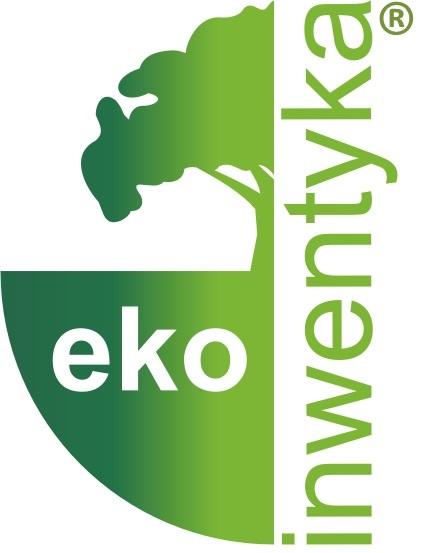
Ukrainian Drone Components
Ukrainian Drone Components (UDC) is a Ukrainian company that designs and manufactures components for FPV (First Person View) drones. Founded in 2023 by a veteran and current military commander, UDC was created to meet the urgent operational needs of Ukraine’s defense forces with practical, high-quality drone parts. Built on direct battlefield experience, the company develops solutions that reflect the realities of modern combat. UDC also actively employs veterans, combining technical expertise with firsthand knowledge from the front to ensure the relevance and reliability of its products. The company focuses on domestic production, offering both serial and customized manufacturing. It produces frames and propellers for the most widely used FPV drone models on the market. By prioritizing local manufacturing, UDC replaces imported components with reliable, high-performance Ukrainian alternatives tailored to defense needs. With its veteran-driven approach, hands-on combat expertise, and focus on innovation, UDC is well positioned to contribute to EU defense cooperation—offering opportunities for joint drone development, knowledge exchange, and industrial partnerships within the European defense ecosystem.
